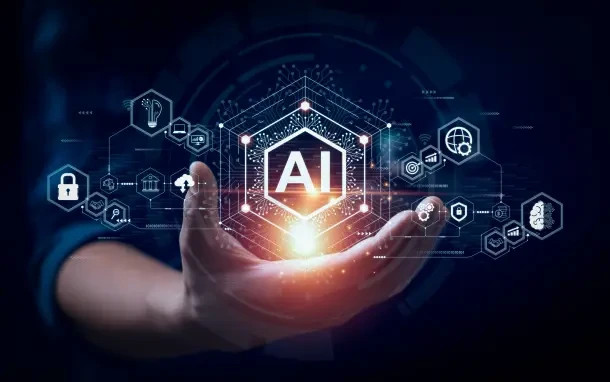In his message on the International Day of Education (January 24), United Nations Secretary-General Antonio Guterres emphasised that breakthrough technologies such as AI will effectively support learners of all ages throughout the learning process.
However, the great benefits also come with some worrying risks. While AI-controlled systems become more powerful, human goals and machine-controlled impacts can easily be distorted.
As AI becomes increasingly integrated into education, countries remain divided on the use of this cutting-edge technology.
The UN Secretary-General affirmed that AI must never replace essential human learning elements, and called on countries to commit to putting people at the centre of education systems everywhere.
According to the latest data from the United Nations Educational, Scientific and Cultural Organization (UNESCO), more than 60% of secondary school students in high-income countries have taken advantage of generative AI tools to support their learning at school.
However, the lack of clear guidance on the use of AI is still a challenge for education experts.
A UNESCO survey conducted in May 2023 on 450 educational institutions showed that only 10% of schools have a formal framework for the use of AI. Meanwhile, a growing number of countries are imposing restrictions on schools using the technology.
New data from UNESCO shows that nearly 40% of countries now have laws or policies banning the use of mobile phones in schools, up from 24% in July 2023.
In many countries, people are both excited and concerned about AI becoming a “force to be wary of.”
According to the “Digital Lives Decoded Thailand ” report by Telenor Asia, co-owned by Thai telecommunications company True Corporation, nearly 50% of internet users in Thailand said AI was the new technology they were most excited about, and 77% of respondents had used AI tools.
Entertainment was the main area, with more than 50% using AI for social media and nearly 40% interacting with AI on streaming platforms.
According to Telenor, the survey revealed the profound impact of mobile phone usage on shaping smarter and safer living in Thailand. At the same time, the findings pointed to the huge opportunities that AI can bring to Thailand, from enhancing personal safety to developing education and entertainment.
In the era of AI-enabled devices, mobile phones not only help Thais stay connected, and access the latest news and entertainment but also serve as a “gateway” to income sources and educational development.
However, 75% of Thai respondents felt they had no control over their personal data online. Financial fraud and identity theft were also top concerns, with at least 50% of Thais worried about this.
Referring to AI, the head of the United Nations appreciated the contributions of AI in all aspects of life, but expressed concern about the profound risks of this technology, especially if AI is not properly managed.
He warned that AI could be used as a tool to deceive and erode trust in institutions, disrupt the labour market and even influence conflicts.
Humanity is entering the “digital age” in which AI is an important technology. Investing in AI development and striving to become an “AI nation” is becoming a strategic goal of many governments.
However, in addition to taking advantage of AI, it is also necessary to pay attention to preventing and stopping the negative impacts that this technology brings and above all, it is necessary to take people as the centre in the development of any new technology.
















